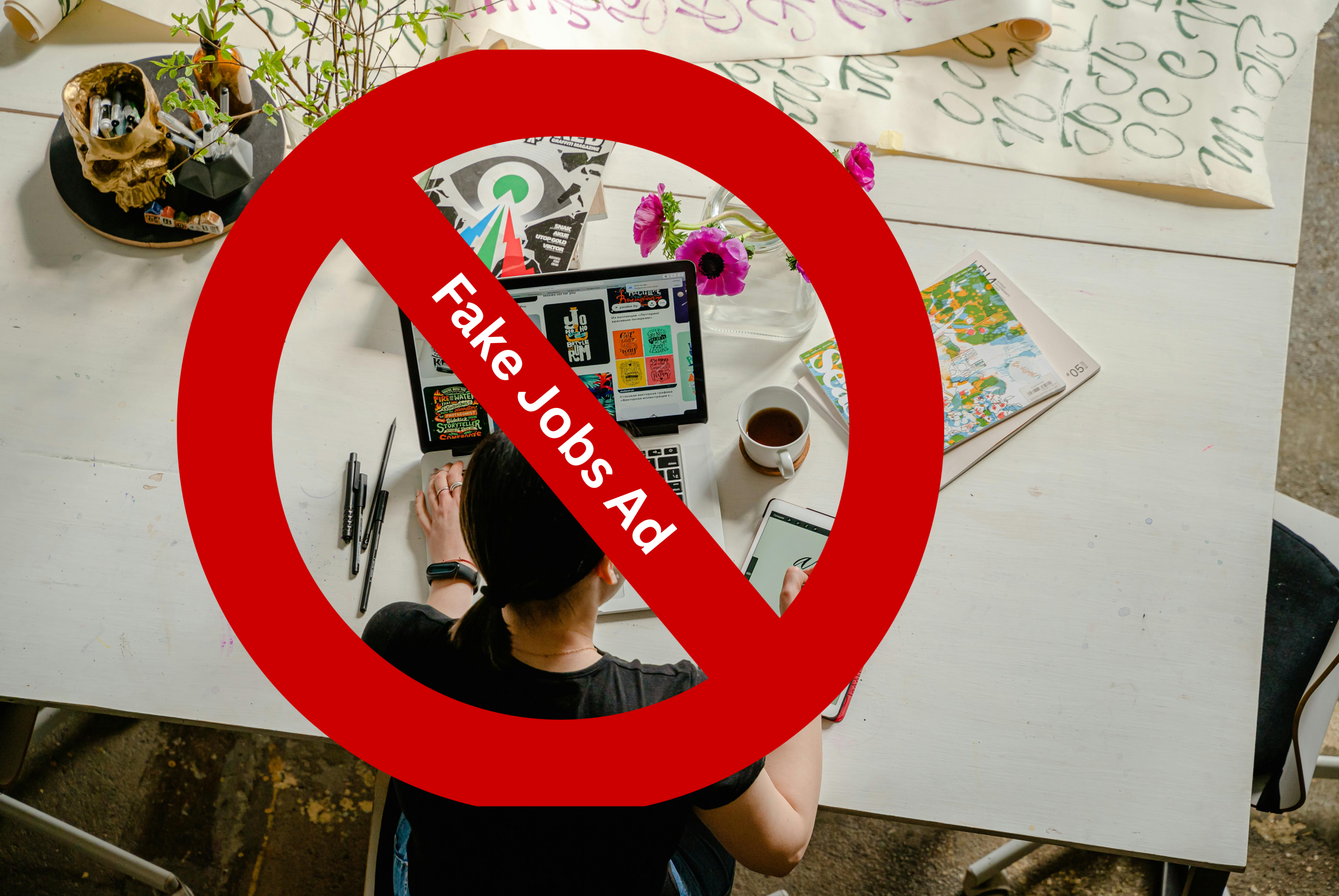It usually creeps in slowly. Quiet. A strange stare during a meeting. That weird joke. The kind that makes the room fall silent. You laugh, a little, but not because it’s funny. More like… because you don’t know what else to do.
At first, you brush it off. Maybe you’re imagining things? Maybe it’s just stress? You tell yourself to toughen up. Be professional. You’ve got bills, dreams, goals. Can’t rock the boat now.
But deep down, you feel it. That gut-pull. That discomfort that doesn’t fade after the meeting ends. You avoid eye contact. You change how you dress. You start taking the long way around just to dodge their office.
If your boss is harassing you—emotionally, verbally, sexually, whatever it is—it’s not okay. Doesn’t matter if it’s small or loud, hidden or in plain sight. It’s still harassment. And you don’t have to put up with it.
This is your survival guide. Honest. Real. Messy like life sometimes is. But it’s yours. Let’s walk through it.
First Things First: Recognize That It Is Harassment
It’s wild how long it takes to name something. You know it’s wrong. But calling it “harassment”? That word feels heavy. Final. Like something you shouldn’t say unless you’re 100% sure.
But here’s the truth—harassment isn’t just about what was intended. It’s about how it lands. How it makes you feel. If it’s making you anxious to go to work, to speak up in meetings, to just exist in your space—then something’s off.
Harassment isn’t always loud or obvious. Sometimes it hides behind smiles. Sarcastic compliments. “Harmless” jokes that hit the same nerve every time. Or they get too close. Keep texting after hours. Make comments about your clothes, your smile, your weekend.
You feel like maybe you’re just being sensitive. But you’re not. You’re just being human.
And if this keeps happening, start keeping track. Quietly. Carefully. For yourself.
Step One: Document Everything
Don’t rely on your memory. It fades. Especially when your brain is trying to protect you by blocking things out.
You don’t have to turn into a private investigator. Just start noting things down. Even little stuff. Especially the little stuff. Because that’s how patterns show up.
Write down dates. Times. What was said. How it made you feel. If someone else was there, make a note of that too.
Got emails? Save them. Screenshots of messages? Tuck them away. Keep it all somewhere safe—not on your work computer. Maybe it’s a Google Doc under a fake name. Or a notebook at home. Just something that’s yours.
This isn’t being dramatic. It’s being smart. It gives you power when everything else feels out of control.
Step Two: Check Your Company’s Policies
Yeah, this part’s boring. But important.
Dig out that dusty HR policy. It’s probably hidden somewhere on the intranet. Or in that welcome packet they handed you on day one and you shoved in a drawer.
Look for anything about harassment. Misconduct. Employee rights. Some companies even have hotlines or anonymous reporting tools. If they do—good. Note it down.
Just don’t assume the system will protect you. Not all HR departments are created equal. Some care. Some don’t. Some are more about protecting the company than the people in it.
Still, knowing the rules gives you a map. You’ll know if they break their own policies. And that can matter later.
Step Three: Speak to Someone You Trust
You weren’t meant to carry this alone. It’s too heavy.
Find someone safe. A friend. A sibling. A coworker who actually listens. Say it out loud, even if your voice shakes. Especially then.
You might be surprised how many people have stories too. Or how just talking makes it feel more real. Less like a bad dream. More like something you can do something about.
If there’s someone at work you trust—someone higher up who’s not in the same toxic loop—consider telling them. Carefully. Quietly. They might help open a door. Or at least keep an eye out.
The goal? Break the silence. Because silence protects them, not you.
Step Four: Approach HR (If Safe)
This step is tricky. And personal.
If you think HR will listen, or even half-listen, go in prepared. Stay calm. You don’t have to come in guns blazing. Just… be clear.
Set a meeting. Bring your notes. Lay out what’s been happening. Stick to facts. Dates. Words that were said. Things that were done. You don’t need to cry. You don’t need to smile either.
After the meeting, send a follow-up email. Something like, “Thanks for meeting with me. To recap, I reported these incidents…” That kind of thing. It creates a paper trail. One they can’t ignore or twist.
But if HR shrugs it off, or worse, turns it against you—don’t panic. You’ve still got cards left to play.
Step Five: Protect Yourself Emotionally
This kind of stuff doesn’t just bruise your work life—it messes with your head. Makes you question your worth. Your sanity.
So take care of yourself. Not later. Now.
If your workplace has a wellness line, call it. Book a therapist, even if it’s just one session. Talk it out. Scream into a pillow if you need to. Journal. Meditate. Run. Cry. Sleep. Do whatever it takes to not fall apart.
Because the harassment is already hurting you. You don’t have to hurt you, too.
You are not weak. You are surviving. That takes guts.
Step Six: Know When to Go Higher (or Outside)
Sometimes HR lets you down. Or worse—they side with your harasser. That’s when you start looking outside.
If your company has higher-ups outside your branch or location, reach out. There might be a head of compliance. Or someone in corporate who handles escalations. Use that.
If you’re in South Africa, the CCMA or Human Rights Commission is your next stop. Other countries have their own agencies. Use them. They exist for stuff exactly like this.
Legal advice is also an option. Especially if things get bad. Retaliation. Blacklisting. Wrongful dismissal. It happens more often than you’d think.
And if it gets there, you’ll be glad you kept your notes.
Step Seven: Decide Your Exit Plan (If Needed)
Sometimes, staying becomes its own kind of damage.
You gave it your best. You followed the steps. You stood up. But nothing changed.
If it’s getting toxic, and no one’s doing a thing to stop it—maybe it’s time to leave. Quietly. Strategically. No big announcement. Just start prepping.
Fix your CV. Tap into your contacts. Apply quietly. Maybe even use some mental health leave to get your head right before jumping.
Leaving isn’t giving up. It’s choosing peace. And sometimes, that’s the boldest move of all.
Final Words: You Deserve Respect. Always.
Your job shouldn’t make you sick. Your boss shouldn’t make you afraid. And you shouldn’t have to shrink just to fit into a system that was never built to protect you.
Harassment isn’t just a “bad vibe.” It’s violence. Emotional, mental, sometimes physical. And no one—no matter how high up—gets a pass.
You don’t have to suffer in silence. You don’t have to keep pretending you’re okay.
You’re allowed to speak up. To walk away. To fight back.
And you’re allowed to heal, too.
Because at the end of the day, no job is worth your sanity. Or your soul.
Resources (If You Need Help)
South Africa:
- CCMA – www.ccma.org.za
- SA Human Rights Commission – www.sahrc.org.za
- Department of Labour – www.labour.gov.za
Other Countries:







